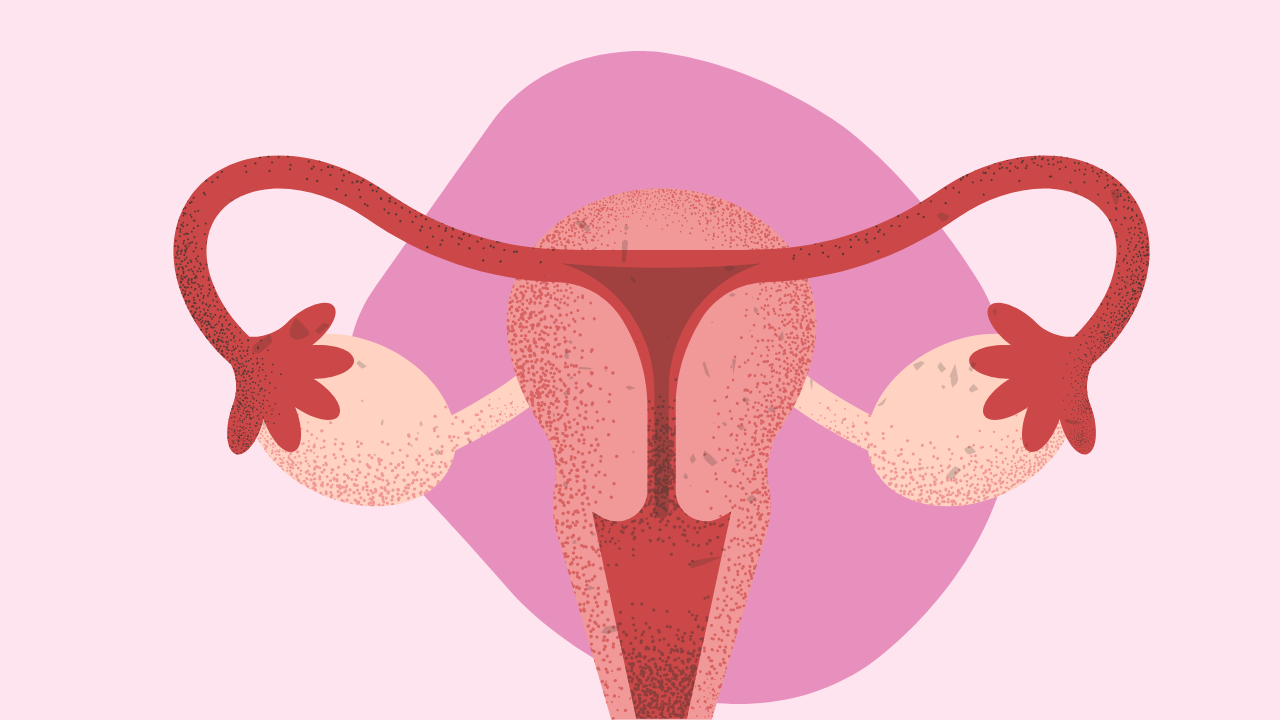Paralyzed Woman Inspires Development of Mammogram Robot

A paralyzed woman from the UK is collaborating with researchers to develop a pioneering robotic system that will enable individuals with mobility impairments to undergo breast screenings.
Jane Hudson, 53, faced significant challenges in obtaining an accurate mammogram due to her inability to position herself properly in the X-ray machine, which ultimately led to a delayed breast cancer diagnosis.
In response to this pressing issue, researchers at the University of York have embarked on developing a groundbreaking prototype robotic arm system designed to support patients' upper body weight during mammograms.
"Living with a disability often feels like you're not heard,” Jane expressed to the BBC. “It's heartening to see something positive come out of this."
Mammography, a critical tool in breast cancer screening, involves taking X-rays of the breasts to detect cancers at an early stage, even before they become visible or palpable. Despite being directed to York Hospital for a mammogram due to its accessibility, Jane found herself unable to position correctly for the X-ray.
"I felt really humiliated and upset that day," she recalled. "This is a routine screening for all women, yet my disability prevented it."
Tragically, a few months later, Jane was diagnosed with stage 3 breast cancer, which had spread to her lymph nodes. "I couldn't help but think that earlier detection might have prevented the spread," she reflected.
Determined to address the lack of accessible breast screening, Jane contacted Dr. Roisin Bradley, a consultant radiologist and Director of Breast Screening for North Yorkshire, to voice her concerns. Moved by Jane’s experience, Dr. Bradley sought innovative solutions to improve mammography accessibility and reached out to Dr. Jihong Zhu from the University of York's Robot Assisted Living Lab, who has expertise in developing assistive robots for social care.
The revolutionary robotic system they are developing will support the patient's weight and correctly position their body for the X-ray, making it significantly beneficial for individuals with paralysis, stroke survivors, those with limited upper body strength, and people with severe disabilities.
"This innovation could significantly improve mammograms for severely disabled individuals and enhance the quality of screenings for those with physical challenges," Dr. Bradley noted to the BBC.
Jane concluded, "This project holds great promise for the future of breast screening and offers hope to those with paralysis. I'm thrilled to be involved in its development."







